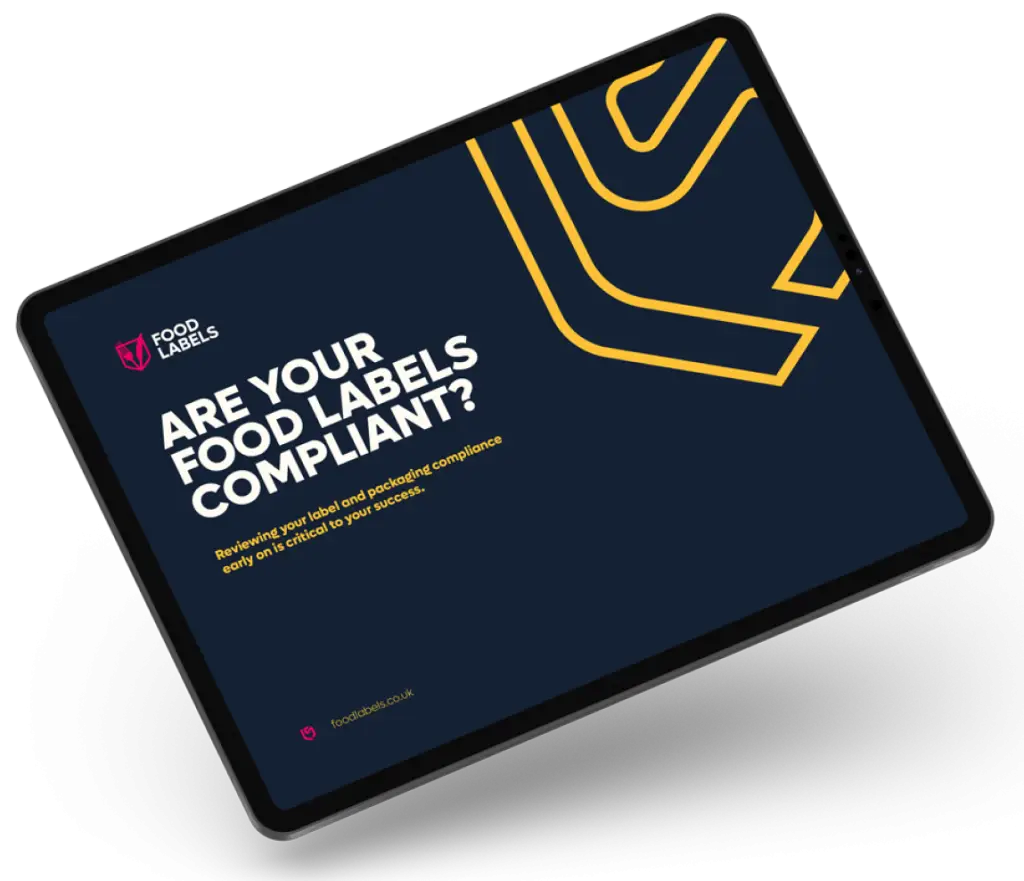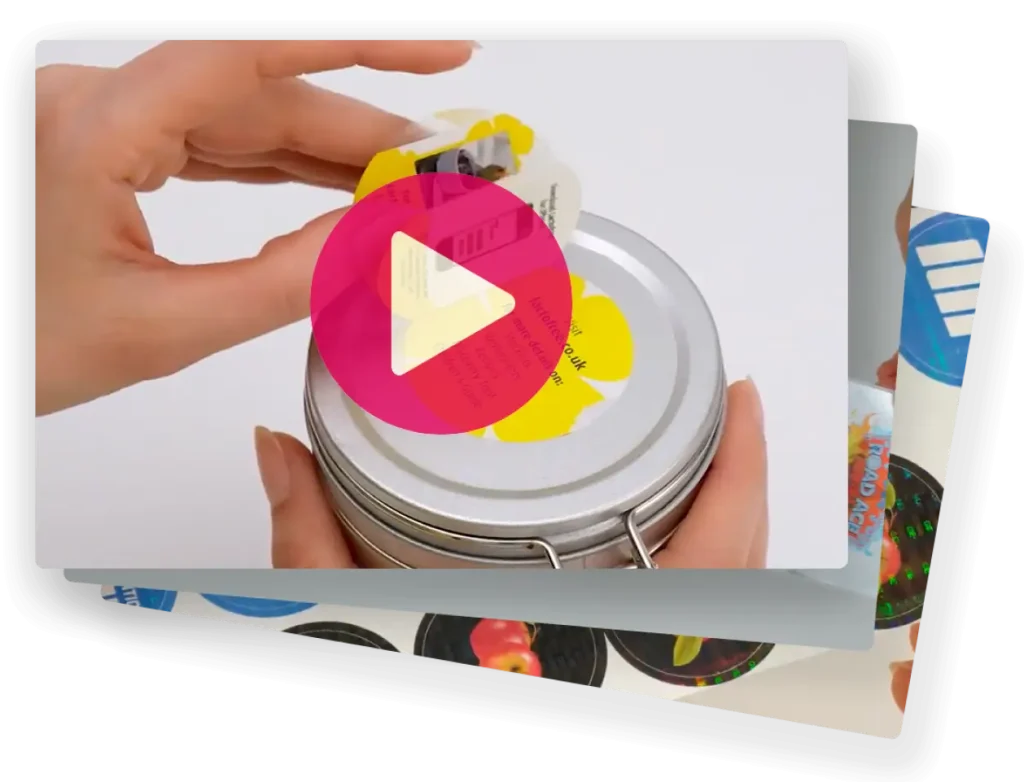The Office for Product Safety and Standards (OPSS) has issued a reminder to cosmetic manufacturers, suppliers, and retailers regarding the prohibition of Lilial (Butylphenyl Methylpropional) in cosmetic products sold in the United Kingdom. The notice serves as a crucial update in the ongoing efforts to ensure compliance with regulatory frameworks designed to protect consumer safety and uphold ethical standards in the beauty and personal care sector.
The Office for Product Safety and Standards (OPSS) has asked the public to dispose of any cosmetics containing the banned ingredient Lilial. This follows a reminder issued by OPSS to the UK cosmetics industry that any product containing Lilial must already have been removed from sale.
Butylphenyl methylpropional, otherwise known by its trade name ‘Lilial’, was used as a floral fragrance in a wide variety of cosmetics such as perfumes, shower gels and deodorants. However, because its use has been associated with harm to the reproductive system, it has been illegal to sell any product containing the chemical in Great Britain since December 2022.
Now, OPSS has issued a further reminder to companies selling cosmetics in the UK they must check their stock to ensure no product contains Lilial. They must immediately stop selling these products and consider recalling any sold after the ban came into place.
OPSS is also asking the public to check cosmetics in their home following reports that banned cosmetic products may still be available in the UK. Check the cosmetics labels and dispose of any that contain Lilial / butylphenyl methylpropional. If you’ve purchased these since 2022, report them to Citizens Advice in England and Wales, Advice Direct Scotland or your local district council in Northern Ireland. They can advise on any action or redress that may be available.
What Is Lilial?
Lilial, chemically known as Butylphenyl Methylpropional, is a synthetic fragrance compound widely used in perfumes, shampoos, lotions, and other personal care products. It imparts a floral scent, often described as resembling lilies, which made it a popular ingredient in cosmetic formulations.
However, despite its widespread use, Lilial has been flagged for potential health risks, particularly in relation to its classification as a Category 1B reproductive toxicant under the EU’s Classification, Labelling and Packaging (CLP) Regulation.
The European Union and the UK have stringent standards for assessing the safety of cosmetic ingredients. In 2020, the EU’s Scientific Committee on Consumer Safety (SCCS) evaluated Lilial and concluded that it posed significant risks to human health.
Key reasons for the ban include:
Reproductive Toxicity: Studies have linked Lilial to adverse effects on fertility and fetal development.
Endocrine Disruption: Concerns have been raised about its potential to interfere with hormonal systems.
Cumulative Exposure Risks: As Lilial was present in multiple products, daily exposure levels were deemed unacceptably high.
In response, Lilial was added to the Annex II of Regulation (EC) No 1223/2009, which lists substances prohibited in cosmetic products. The ban officially came into effect in March 2022.
OPSS Reminder: Ensuring Compliance in the UK
Although the Lilial ban aligns with EU regulations, the OPSS is tasked with enforcing compliance in the UK post-Brexit. The agency’s recent reminder underscores the importance of adhering to the ban, particularly as some non-compliant products may still be circulating in the market.
The OPSS warning highlights:
Retailer Responsibility: Retailers must ensure that all cosmetics they sell are free from banned substances, including Lilial.
Manufacturer Accountability: Producers must reformulate products to exclude Lilial and conduct rigorous safety assessments.
Consumer Protection: The reminder aims to prevent consumer exposure to potentially harmful chemicals.
The OPSS has also reiterated that failure to comply with the ban could result in penalties, including product recalls, fines, or legal action.
Impact on the Cosmetics Industry
The Lilial ban has had far-reaching implications for the beauty and personal care sector.
-
Reformulation Challenges
Brands have had to reformulate products containing Lilial to maintain compliance. This process often involves finding alternative fragrance compounds that replicate the floral scent without compromising safety.
-
Supply Chain Disruptions
The transition has caused delays and increased costs for manufacturers, particularly smaller companies with limited resources for ingredient substitution and testing.
-
Consumer Awareness
The ban has heightened consumer scrutiny of cosmetic ingredients. Consumers increasingly demand transparency and safe formulations, prompting brands to adopt clearer labelling and communication strategies.
-
Regulatory Alignment
Post-Brexit, UK-based companies must navigate both domestic and international regulations. The OPSS reminder serves as a caution for businesses exporting to the EU, where non-compliance could result in restricted market access.
Broader Implications for Public Safety
The Lilial ban is part of a larger global movement to eliminate hasardous chemicals from consumer products. The cosmetics industry is under growing pressure to prioritise safety, sustainability, and ethical practices.
-
Enhanced Chemical Safety Standards
The Lilial ban sets a precedent for evaluating and regulating other potentially harmful ingredients. Similar scrutiny has been applied to parabens, phthalates, and other controversial compounds.
-
Shift Toward Natural and Sustainable Ingredients
As synthetic chemicals face increasing regulatory bans, brands are turning to natural and sustainable alternatives. This shift aligns with consumer preferences for eco-friendly and health-conscious products.
-
Strengthening Consumer Trust
Proactive regulation fosters trust between consumers and the cosmetics industry. By prioritising safety, brands can reassure customers that their well-being is a top priority.
Steps for Businesses to Ensure Compliance
Cosmetic companies must take proactive measures to comply with the Lilial ban and avoid regulatory penalties. These include:
Ingredient Audits: Conduct thorough reviews of product formulations to identify and eliminate banned substances.
Supplier Vetting: Work with trusted suppliers who adhere to regulatory standards and provide clear documentation of ingredient safety.
Safety Assessments: Perform updated safety evaluations for all products to ensure they meet current legal requirements.
Labelling Transparency: Clearly label products to reflect compliance with UK and EU regulations, emphasising the absence of banned chemicals like Lilial.
Employee Training: Educate staff on regulatory changes and the importance of compliance to maintain product integrity.
Consumer Advice: What to Look For
The OPSS reminder also serves as a call to action for consumers. When purchasing cosmetics, consumers should:
Check Labels: Look for “Lilial-free” claims or avoid products listing Butylphenyl Methylpropional in the ingredient list.
Research Brands: Support companies that prioritise transparency and safety in their formulations.
Report Non-Compliance: Notify authorities if banned substances are found in cosmetic products.
The Future of Cosmetic Safety Regulations
The Lilial ban reflects a broader regulatory trend emphasising consumer safety and environmental protection. In the coming years, the cosmetics industry can expect:
-
Stricter Ingredient Scrutiny
Regulatory bodies will continue to evaluate chemicals of concern, potentially banning or restricting additional ingredients.
-
Increased Innovation
Brands will invest in research and development to create safe, effective, and sustainable alternatives to banned substances.
-
Global Harmonisation
Efforts to align cosmetic safety standards across regions will reduce regulatory complexity for businesses and enhance consumer protection worldwide.
-
Rising Consumer Advocacy
Empowered by access to information, consumers will play an active role in demanding safer, more transparent cosmetic products.
In the U.S., the Food and Drug Administration has identified lilial as one of the most common fragrance allergens present in cosmetic products. But it remains unregulated. The cosmetics industry in this country is notoriously underregulated. For more than 80 years, Congress has neglected to increase the FDA’s authority over cosmetics, limiting the agency’s ability to ensure the safety of personal care products.
The Food, Drug and Cosmetic Act devotes only a couple of pages to cosmetics regulation, and the FDA has banned or restricted only nine ingredients in cosmetics for safety reasons, compared to the more than 1,600 ingredients banned or restricted by the EU.
On 24 October 2024, the Office for Product Safety and Standards (OPSS) issued a call for data on the safety of a number of cosmetic ingredients for their review. The ingredients of interest are listed below.
Prostaglandins and prostaglandin analogues: due to their potency, intended use in the proximity of the eye and concerns raised by other scientific bodies and regulators over their safety.
Isopropyl closprostenate (CAS 157283-66-4)
Bimatoprost (CAS 155206-00-1)
Ethyl tafluprostamide (CAS 209860-87-7)
Norbimatoprost
Methylamido dihydro noralfaprostal
Alpha and beta arbutin: OPSS has concerns regarding the risks associated with the use of these ingredients in cosmetic products due to their degradation to hydroquinone under common storage conditions. Vitamin A: there is a potential risk to human health arising from the use of vitamin A in cosmetic products when its concentration exceeds certain levels.
The OPSS reminder regarding the Lilial ban underscores the importance of vigilance and compliance in the cosmetics industry. While the ban presents challenges for manufacturers and retailers, it also offers an opportunity to prioritise consumer safety, foster trust, and innovate for a safer future.
As regulatory landscapes evolve, the cosmetics industry must remain proactive in addressing chemical safety concerns and aligning with global standards. By doing so, it can contribute to a healthier, more sustainable world while meeting the demands of increasingly informed and discerning consumers.














